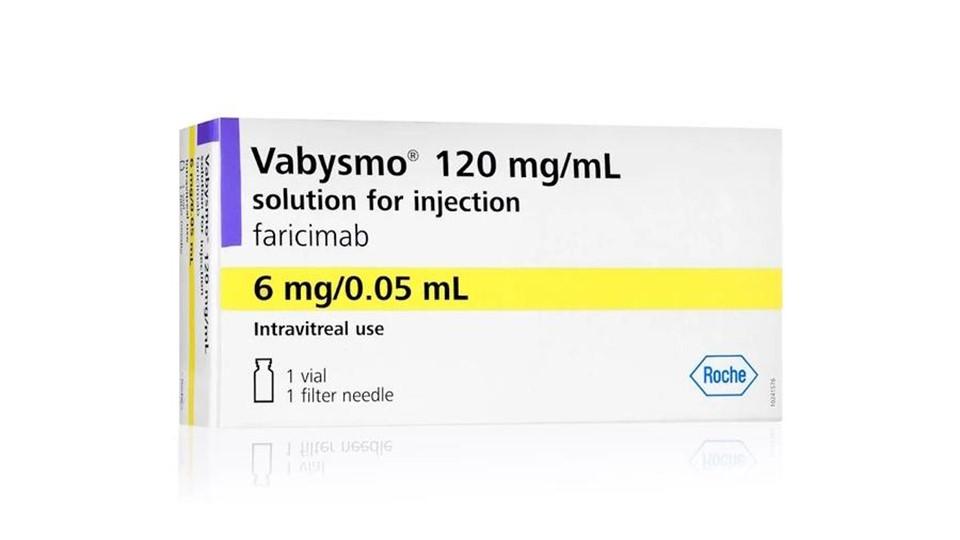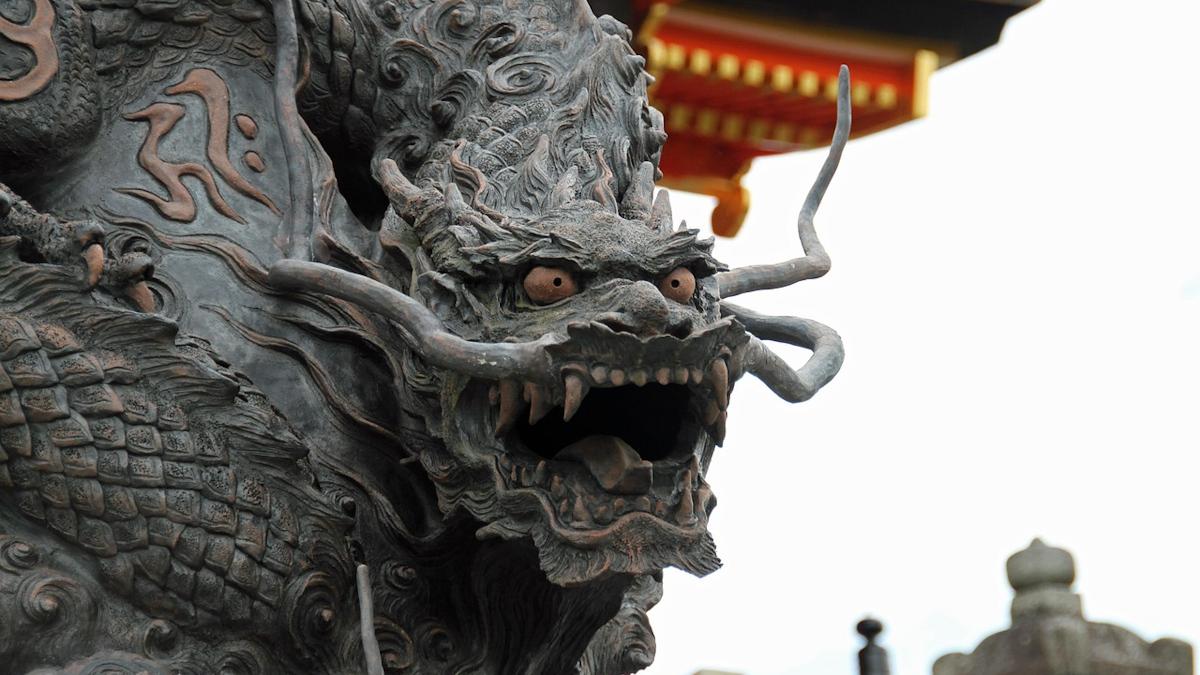FDA clears Roche’s Vabysmo for retinal vein occlusion

Roche has claimed a third approval from the FDA for its eye disease therapy Vabysmo – already its fastest-growing product – that could make it an option for hundreds of thousands of additional patients in the US.
The regulator has cleared Vabysmo (faricimab) as a treatment for retinal vein occlusion (RVO), a sight-robbing condition that affects an estimated 23 million people worldwide, including around a million in the US. The green light has come almost two months ahead of the FDA’s deadline for the review.
RVO is the second most common retinal vascular disorder and is a significant cause of visual impairment and loss, mainly in older people aged 65 and above, and the new indication adds to Vabysmo’s current uses in neovascular or ‘wet’ age-related macular degeneration (AMD) and diabetic macular oedema. Taken together, the three diseases affect around 70 million people worldwide.
The approval is based on two clinical trials – BALATON and COMINO – showing that Vabysmo was at least as effective as Bayer and Regeneron’s market-leading Eylea (aflibercept) in achieving gains in visual acuity, and better at preventing blood vessel leakage in the retina, after 24 weeks’ treatment of patients with RVO.
Follow-up results with the drug, which is given every eight or 12 weeks after a lead-in period, also showed sustained retinal drying for up to 72 weeks and a safety profile consistent with previous studies.
The strong clinical data with the drug, a bispecific antibody targeting VEGF and Ang-2, has been driving rapid uptake since it was first approved at the start of 2022, with sales rocketing to around $1.8 billion in the first nine months of this year.
The rapid growth of Vabysmo has likely been helped in part by a delay to a higher dose version of Eylea that could extend the dosing interval up to 16 weeks from eight weeks. That formulation was rejected by the FDA earlier this year because of manufacturing issues, but was eventually approved in August.
Roche has claimed that a lot of the sales growth for Vabysmo has come from patients switching from Eylea, and there have been suggestions that the availability of the high-dose version could work against that trend. Eylea is also approved for AMD, RVO, and diabetic retinopathy, as well as retinopathy in premature babies.
However, the Swiss drugmaker is counting on the dual mechanism of Vabysmo making the difference in the marketplace. Roche’s chief medical officer, Levi Garraway, remarked that the drug “is a new treatment option for RVO that can help people preserve and improve their vision, with the added benefit of retinal drying.”
He added: “The efficacy and safety profile of Vabysmo has been well established in global clinical trials and is reinforced by a growing breadth of real-world evidence, with hundreds of thousands of people treated.”













